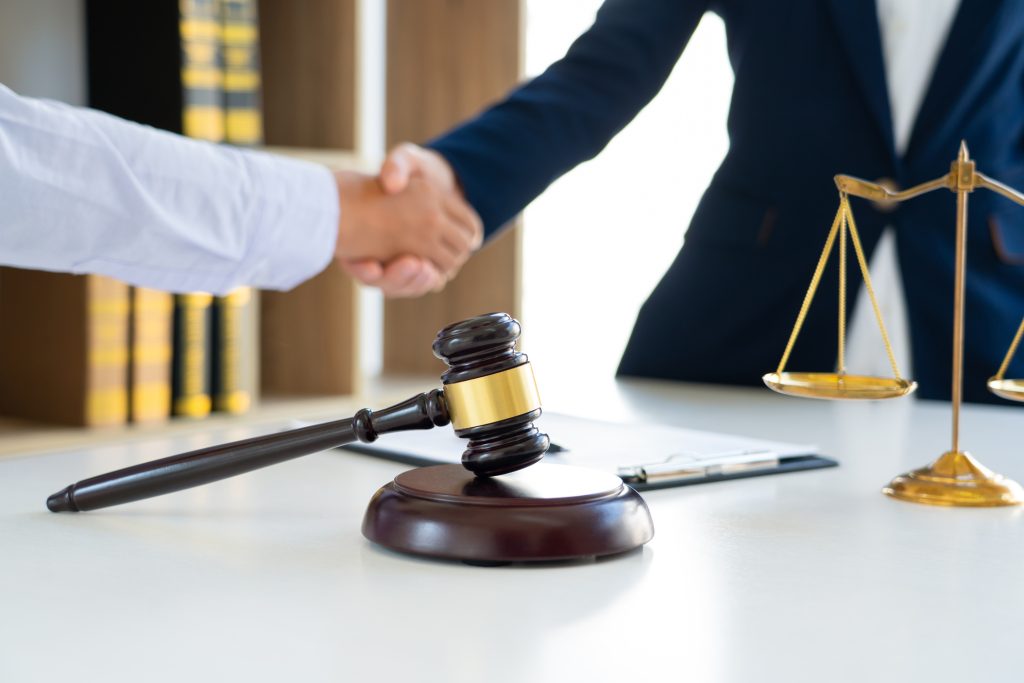In the blink of an eye, a car accident can turn your life upside down. In addition to making it through the initial shock and injuries, victims are frequently left to navigate a convoluted, off-putting legal system while also recovering physically, emotionally, and financially. Car accident cases can be quite complicated, so in times like these having a Cleveland car accident attorney at your side could be the difference between being taken advantage of by a negligent party and fighting to get the justice you deserve along with finding the compensation you need. After a crash, you need to know your rights, and an experienced attorney will make sure those rights are protected throughout your recovery process.
If someone else’s negligence was responsible or partly responsible for the accident, you have a legal right to pursue compensation for your damages. This can be in the form of medical expenses, lost wages, pain and suffering, vehicle repairs, or other out-of-pocket costs. “But just because you are entitled to compensation doesn’t mean that the process will be simple or easy.” Insurance companies don’t pay out full settlements. They have a vested interest in minimizing your claim, or denying it altogether, and often will resort to tactics that take advantage of victims’ ignorance of the law. A dedicated car accident lawyer understands how to combat these strategies and will advocate to ensure that your rights are not just acknowledged, but fully enforced.
The first right that you should know is the right to legal representation. You don’t have to go through the aftermath of a car accident alone in Ohio. You also have the right to talk to and retain an attorney to help you deal with the many issues that come up after a crash. A car accident lawyer will review the facts of your case, offer advice on the proper steps to take next, and communicate with the insurance company so you don’t have to. This legal advice is critical if the other party is rebutting fault or, as in most cases, if your injuries are extensive and irreversible.
You also still have a right to collect for damages even if you were partly at fault. Thanks to Ohio’s comparative negligence laws, you may still recover damages as long as you are less than 50% responsible for the accident. That percentage of fault will reduce the amount of compensation you receive. For example, if you’re deemed 20% at fault, your settlement would be lowered by 20%. Which is an important detail, and insurance companies will typically try to make you more at fault so that they pay less out. A Cleveland car accident lawyer knows how to push back against these false accusations and what evidence to gather to prove your case’s liability.
A second important right relates to the time period in which you can take action. In Ohio, you usually have two years from the date of the crash to file a personal injury lawsuit stemming from a car accident. Failing to file before this time period can bar your right from seeking compensation altogether. A car accident lawyer will handle all deadlines for you, and make sure your claim receives the attention it deserves. Your lawyer will take care of all legal filings, court papers, and procedural requirements so you can focus on resting and healing without the added stress.
It’s also your right to know everything about the worth of your claim. Most people are unaware of how their injuries can impact them in the long term or what their recovery will cost them, so they accept the first settlement offer they are given. A competent auto accident attorney will review your case in detail using medical professionals and financial experts to determine the full impact of your damages. This gives you a well-rounded settlement that takes into account your immediate costs but also future costs associated with rehabilitation, therapy, and diminished earning capacity.
Ultimately, understanding your rights following a car accident is critical — but enforcing those rights usually takes the help of an attorney. A Cleveland car accident attorney is your advocate, your guide, your voice in a system that often safeguards the interests of insurance companies at the expense of individuals. They are paid to make sure that you are treated fairly, your rights are honored, and that you receive the compensation you deserve for your future. Don’t deal with the aftermath of a car accident alone — know your rights, and ensure that you have someone working to protect them.



